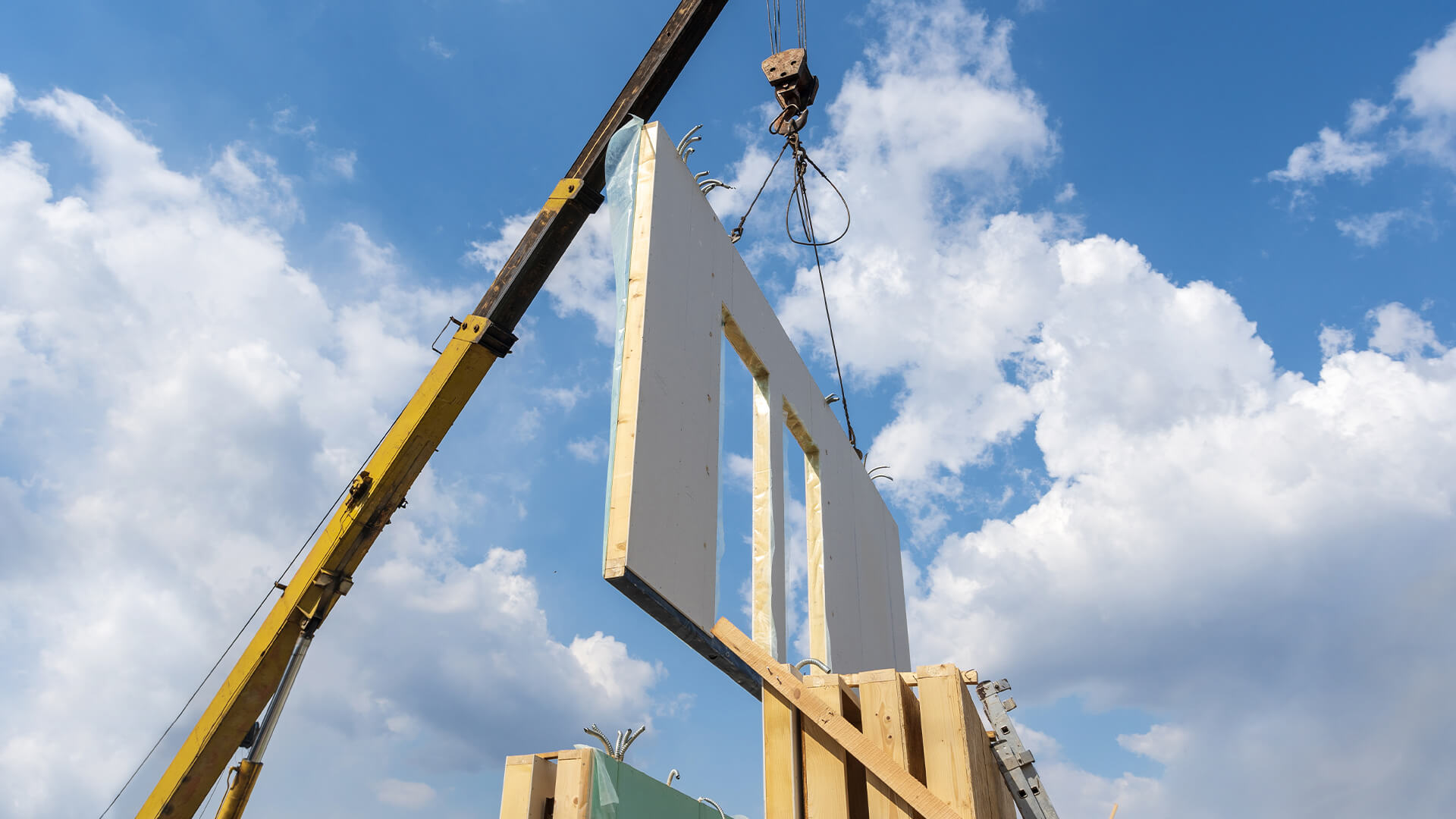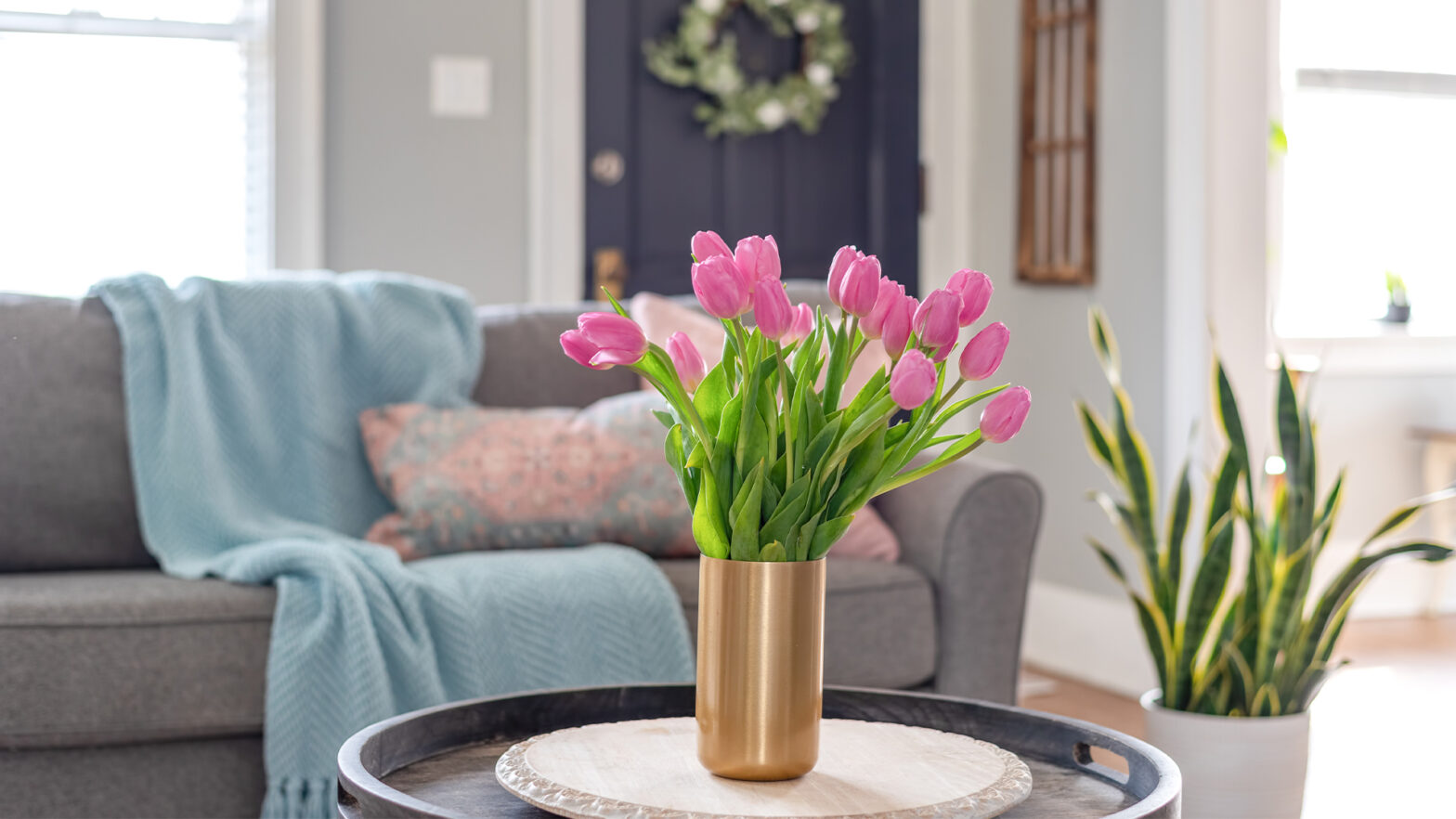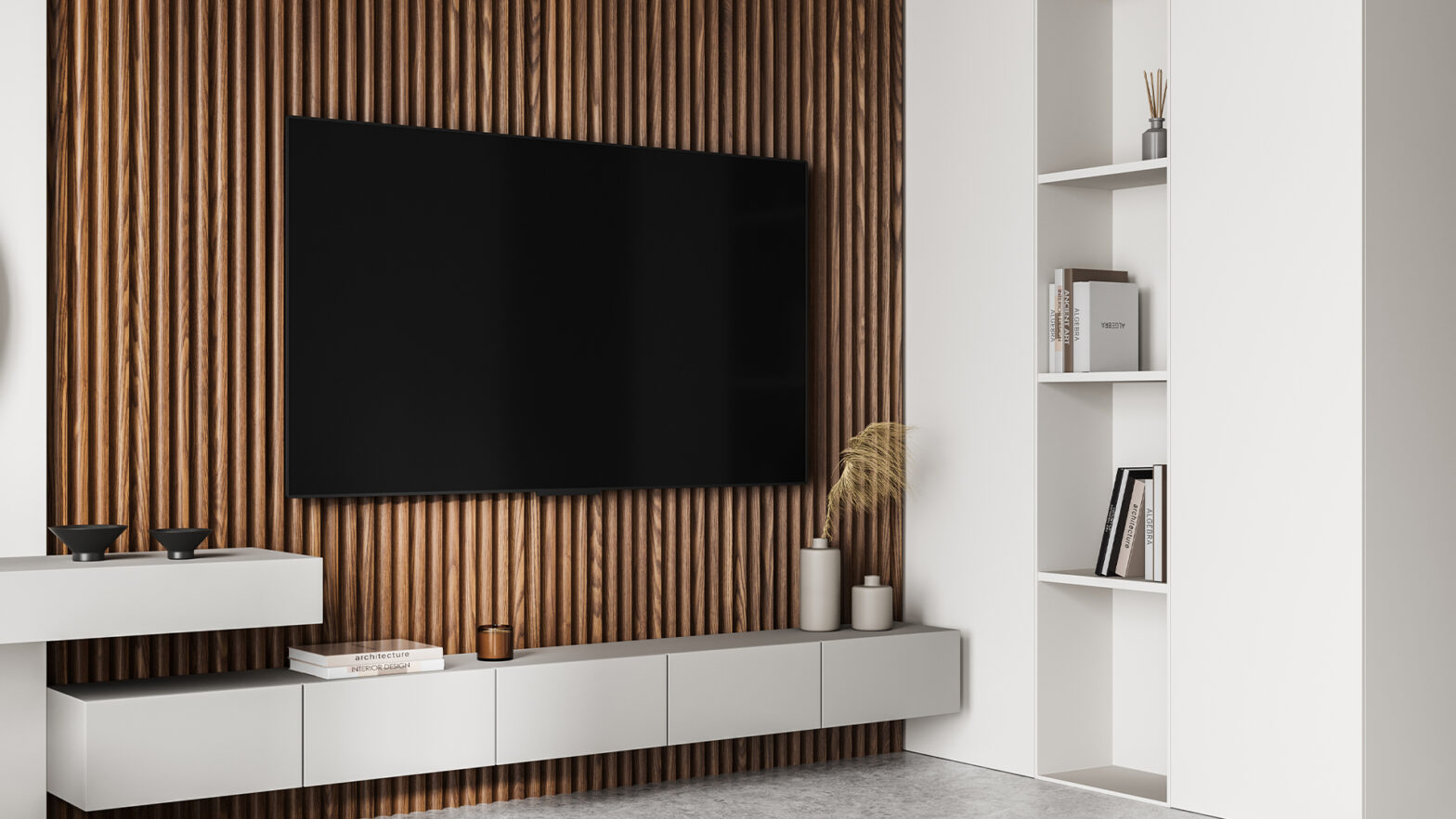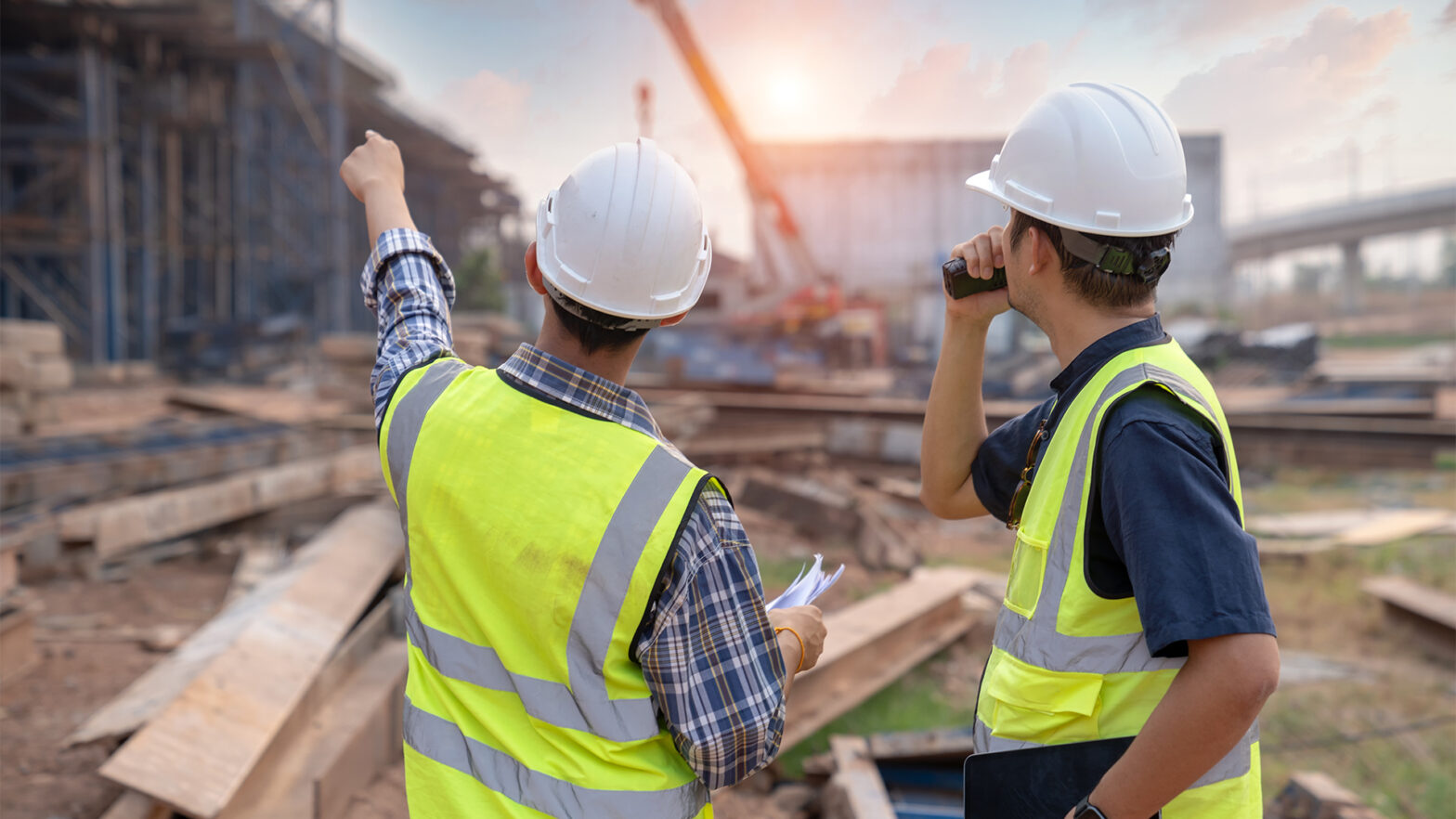New figures from the UK Green Building Council suggest that 400 million tonnes of materials are utilised by the British construction sector annually. As the industry seeks to minimise its impact on the wider environment, modular building techniques could be the golden ticket to limiting the construction sector’s carbon footprint.
New Jobs in Sustainable Green Home Construction
In November 2019, a significant £30 million war chest was ring-fenced by Homes England to underpin ilke Homes’ plans to build 2,000 modular homes a year, rising to 5,000 by 2024. In doing so, ilke Homes would evolve into one of the UK’s biggest housebuilders, despite building off-site rather than on. The investment is also part of the UK government’s ‘Construction Corridor’, which is focused on generating new construction jobs and cementing the north of England as an industry leader in sustainable green home construction.
The energy efficiency of an ilke Homes factory-manufactured modular home is twice as good as the average conventional household in the UK. Another crucial benefit to modular homes is that their production line ensures an unrivalled level of build consistency and quality, reassuring developers, investors, and the next generation of homeowners.
The prefabrication of rooms, and entire homes, is another increasing trend. For example, modular bathrooms are a growing trend, made of metal, concrete, or an ultra-lightweight material that is wholly customisable and adaptable to consumers’ interior design demands. There are financial benefits to modular bathrooms and kitchens compared with traditional constructions, too, including direct cost savings in materials. There is also the benefit of reliable off-site production facilities, which minimise the threat of delays to projects, as well as the main appeal of its environmentally friendly business aspects.
A Readymade Build Without the On-site Carnage
These modular constructions for rooms are pre-fitted with electrics, plumbing, and heating, which also improve the efficiency of on-site installations. Not only do modular builds offer the utmost convenience, but they are also infinitely more recyclable than conventional construction materials. It’s said that up to 90% of waste generated with off-site construction is recyclable, and some modular constructions are also utilising recycled materials to mitigate their overall carbon footprint.
We’ve already touched on the energy efficiency of ilke Homes’ modular buildings, but it’s also been known for some modular constructions to use up to two-thirds (67%) less energy than conventional construction projects. Aside from sustainable construction, the building itself benefits from energy-efficient systems like solar panels, eco-friendly glass, and geothermal systems that transform its overall carbon footprint.
In simple terms, the fact that modular buildings can be constructed to the same standards as a traditional on-site build begs the question as to why the construction sector should do anything else. The exacting sustainability standards of the likes of Passivhaus, BRREAM, and AECB are testament to the fact that clean, sustainable living is achievable at a substantial volume using modular methods.
Changing perceptions of modular construction in the construction sector is the biggest hurdle for modular to overcome. Traditional construction continues to account for the biggest market share in the building sector. But the next generation of builders will be required to abide by fluid government strategies for sustainable domestic and commercial builds.

































